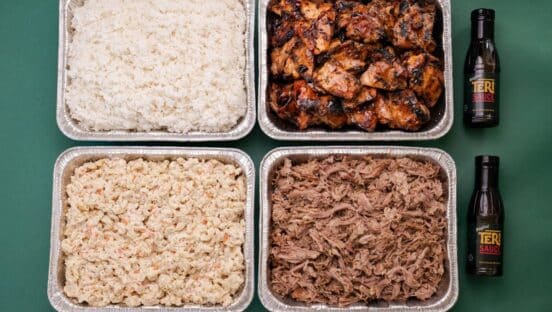A recently released study suggests cottonseed oil consumption significantly increases vitamin E intake without affecting fat intake, according to nutrition researchers at Texas Woman’s University (TWU) in Houston.
According to the Dietary Guidelines for Americans (DGA), vitamin E is a “nutrient of concern” for children, adolescents, and adults. The percentage of Americans consuming the recommended daily level (15 milligrams per day for adults) of vitamin E through diet alone is less than seven percent. An adequate daily intake of vitamin E can promote health and may help prevent diseases such as heart disease, some forms of cancer, and cognitive decline with age.
The study’s results showed that when eating cottonseed oil–rich foods, subjects’ vitamin E intake was 34 percent higher than their previous “regular” diet, helping them achieve 75 percent of the Recommended Dietary Allowance (RDA) for adults, versus just 53 percent prior to eating the cottonseed oil-rich foods.
The study, conducted by John Radcliffe, Ph.D., RD and professor of nutrition and food sciences, and fellow TWU researchers V. Imrhan, Ph.D., RD and J. Killough, MS, RD, served as a “pilot,” to pave the way for a larger study to be completed later this year. Radcliffe and his fellow researchers studied 10 healthy adult subjects (six female, four male), recording their regular diets for two weeks to establish a baseline for comparison. The subjects were then asked to consume two cottonseed oil–rich foods (one muffin per day made with commercially available cottonseed oil, and four servings of potato chips per week, fried only in cottonseed oil) for four weeks.
“The food products provided about one tablespoon of cottonseed oil per day,” says Radcliffe. “That is the equivalent of 33 percent of the Recommended Dietary Allowance, offering significant vitamin E benefit through just a small amount of oil.”
The increased cottonseed oil consumption also did not impact fat intake. The researchers believe the cottonseed oil–rich foods naturally displaced other foods in the subject’s diets, thus helping them to receive all of the benefits of the added vitamin E, with no additional fat intake.
“It’s important to note that the cottonseed oil-rich foods we provided—carrot muffins and potato chips—were extremely palatable. Subjects consumed 95 percent of both foods—an extremely high rate, and an added bonus to the research,” explains Radcliffe. “After all, what good does it do to identify vitamin E–rich foods that no one likes? The goal is to find vitamin E–boosting foods that people will readily eat, and these cottonseed oil-containing foods certainly fit the bill.”

